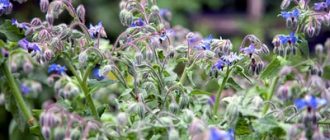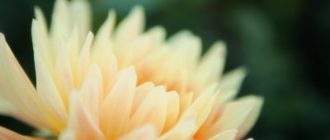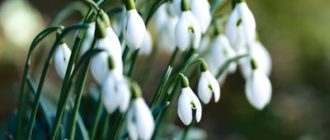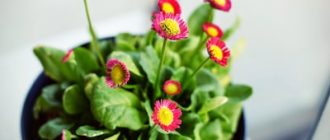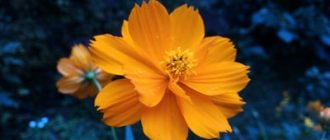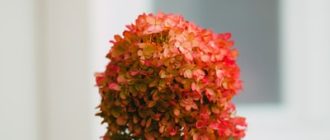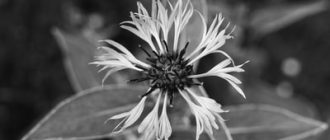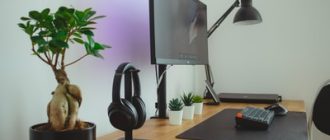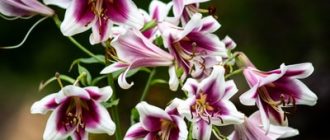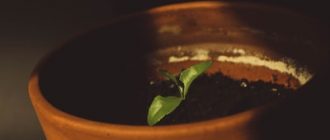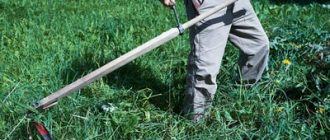
There are many benefits to using LEDs to grow your plants indoors. In this article we will explore the advantages more clearly, while avoiding the possible pitfalls that can make using LEDs difficult or even impossible.
Uses
Before we go any further, let’s first establish some fundamental principles when choosing between LED grow lights and other options for your indoor plants.
First of all, although there is a growing and ongoing scientific base of evidence that the sun is the main driver of plant growth, that does not mean that other natural environmental factors don’t play a significant role in plant well-being.
Second, while the sun is a factor of natural environmental conditions, it is possible and very effective to alter those conditions to suit your plants’ optimal needs. By way of engineered environments you can control environmental factors like, the water/sun ratio, humidity, temperature, and plant nutrients.
Third, there is a growing and increasingly popular trend of environment-friendly indoor cultivation that involves growing your plants without the use of soil, and hydroponics is one of the most mature formats currently being used. If you are comfortable using the technology required to run hydroponics, and you have a garden you neighbors might appreciate, then you might want to try hydroponic gardening.
Lastly, although there are other forms of growing that use light in addition to light, LED grow lights are the most efficient and precise light sources that you can use for your plants. As a result of this, they provide the most advantageous light for plants that you will likely never need to replace.
Now that we haveLED grow lightsPlatformovered, let’s go over the next 3 important areas that you should consider if you areplanning to grow your own plants indoors using LED grow lights.
1. TemperatureIt is important to control the temperature of your plants environment regardless of whether they are grown in soil or hydroponics because overheating, a key factor in the formation of busts, can seriously damage your plants. As a rule of thumb, usually soil grown plants should be kept between 60° and 75°F. whereas, if you are growing plants grown in hydroponics between 45° and 75°F is optimal.
2. If you do not have a humidifier, which you probably don’t if you are living in a dry climate, then you will need to add some water to your nutrient solution. Although certain nutrients can stand in water for a short while, other nutrients are best consumed by your plants as quickly as possible, so if you keep tap water you have a choice of using synthetic watering cycles, or…using an organic nutrients’ fertilizer, and the results will be the same.
3. It is best to avoid planting vegetables of the same family in the same spot year after year. It is caliche to plant the same food year after year in the same growing soil. Doing so has a detrimental effect on the soil, as the soil will become Depopedilated (dilated) which prohibited the air from penetrating, your plants will suffer and may become Diseased. If you can not get a rotation system set up, as a convenience to your neighbors, you can plant a cover crop of legumes the year prior to starting your normal garden which will help to inoculate the soil with nutrients over time.
4. You would be surprised how little room LED grow lights actually take up. If you have a large square of metal or wooden to cover, you can find a square cut to fit perfectly. I on the other hand, use exactly one square for each of my seedlings. Additionally, using these particular grow lights will cut down on the electricity used if you are able to set up a portable generator.
5. Lastly, using these specific grow lights will increase your plants strength and shelf life. It is proven that the color red has the ability to increase a plant’s strength and reproduction rate. It also has the ability to create the type of pest control in plants that is needed in order to combat those pests. By using these specific grow lights, you will be able to control the type of chemicals your plants receive, which will protect both you and your plantings.

